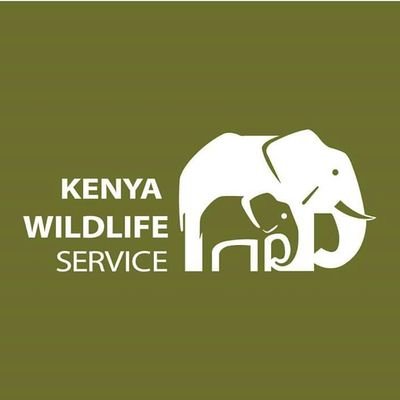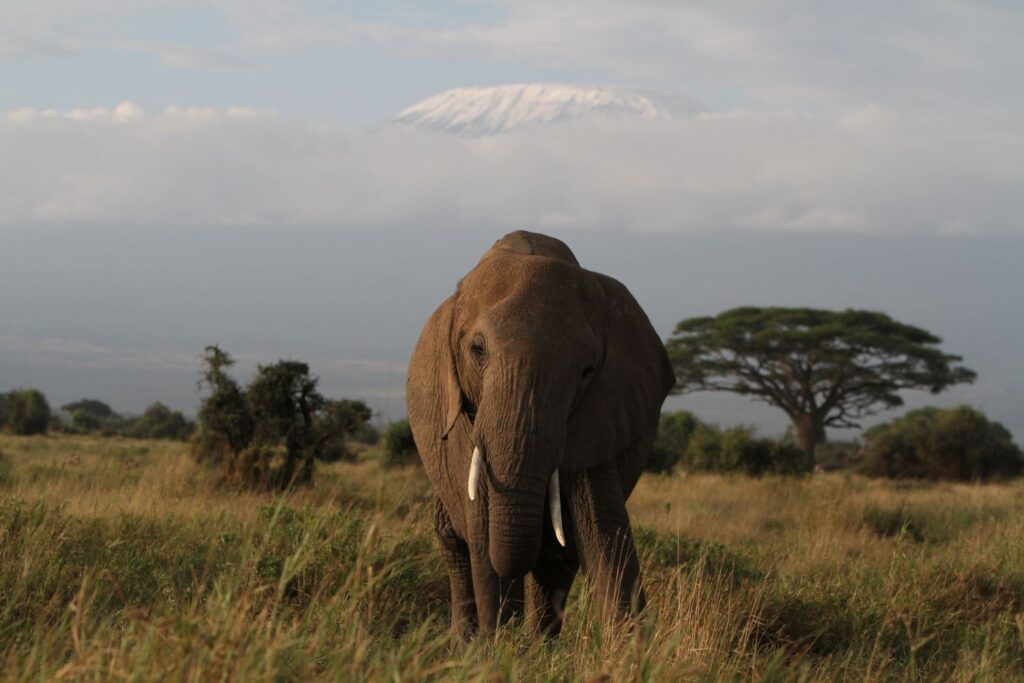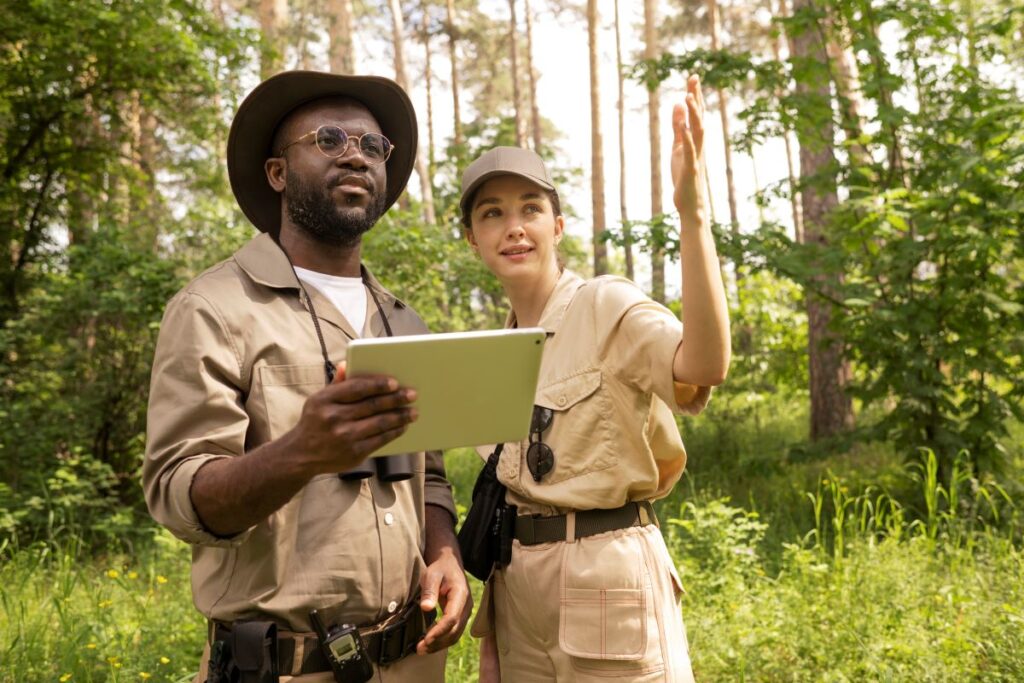Planning an East African journey is an investment—not just financially, but emotionally. You’re imagining yourself witnessing the Great Migration across the Serengeti, trekking through misty forests to encounter endangered mountain gorillas, or relaxing on pristine Zanzibar beaches. To transform these dreams into reality, you need more than just a booking website; you need a trusted partner who understands the nuances of the region.
Kip Travels stands as the leading travel agency in East Africa, with years of on-the-ground expertise spanning Kenya, Tanzania, Uganda, and Rwanda. We’re recognized not simply for offering best tours agency in East Africa accolades, but for our unwavering commitment to crafting all-inclusive East Africa safari packages that blend adventure, comfort, and authentic cultural experiences. Our reputation as a reliable tour operator in Kenya and Tanzania safari experts is built on countless five-star client testimonials and partnerships with the region’s most reputable lodges, guides, and conservation organizations.
Whether you’re seeking a luxury safari, custom Uganda gorilla tours, or a multi-country expedition, our team combines local knowledge with international service standards to ensure every detail—from flight logistics to wildlife encounter moments—exceeds expectations.
Introduction: Why East Africa? Why Now?
Imagine this: sunrise paints the Serengeti golden while zebras and wildebeest graze beneath acacia trees. In the distance, a lone lion surveys its domain. Or picture yourself face-to-face with a mountain gorilla in the mist-covered forests of Rwanda, its intelligent eyes meeting yours in a moment of profound connection.
East Africa isn’t just a destination—it’s a pilgrimage for nature lovers, adventure seekers, and culture enthusiasts. Yet planning such a journey can feel overwhelming. Which country first? What’s the best time to visit? How much should you budget? How do you ensure authentic experiences without getting lost in logistical chaos?

This comprehensive guide is designed to simplify that process. By exploring seven critical decision factors, you’ll gain the clarity needed to design an itinerary that aligns perfectly with your vision, budget, and timeline. Throughout, we’ll share insider insights from Kip Travels, your leading travel agency in East Africa, to help you sidestep common pitfalls and maximize the magic of your adventure.
Factor 1: Defining Your Travel “Why” – What Draws You to East Africa?
Before booking a single flight, ask yourself: What is my primary travel motivation?
East Africa offers such diverse experiences that the answer fundamentally shapes your itinerary. Are you a wildlife enthusiast? A cultural explorer? An adrenaline junkie? Or perhaps a blend of all three?
Safari & Wildlife Encounters
The crown jewel of East African tourism is undoubtedly safari—the chance to witness the world’s most iconic animals in their natural habitat. Kenya’s Masai Mara and Tanzania’s Serengeti are synonymous with big game viewing. If your heart races at the thought of spotting lions, elephants, giraffes, and the “Big Five,” then a safari-centric itinerary is your path. The Serengeti is particularly famed for hosting the Great Migration, an annual spectacle where over two million wildebeest and zebras traverse the plains in search of fresh grazing lands.
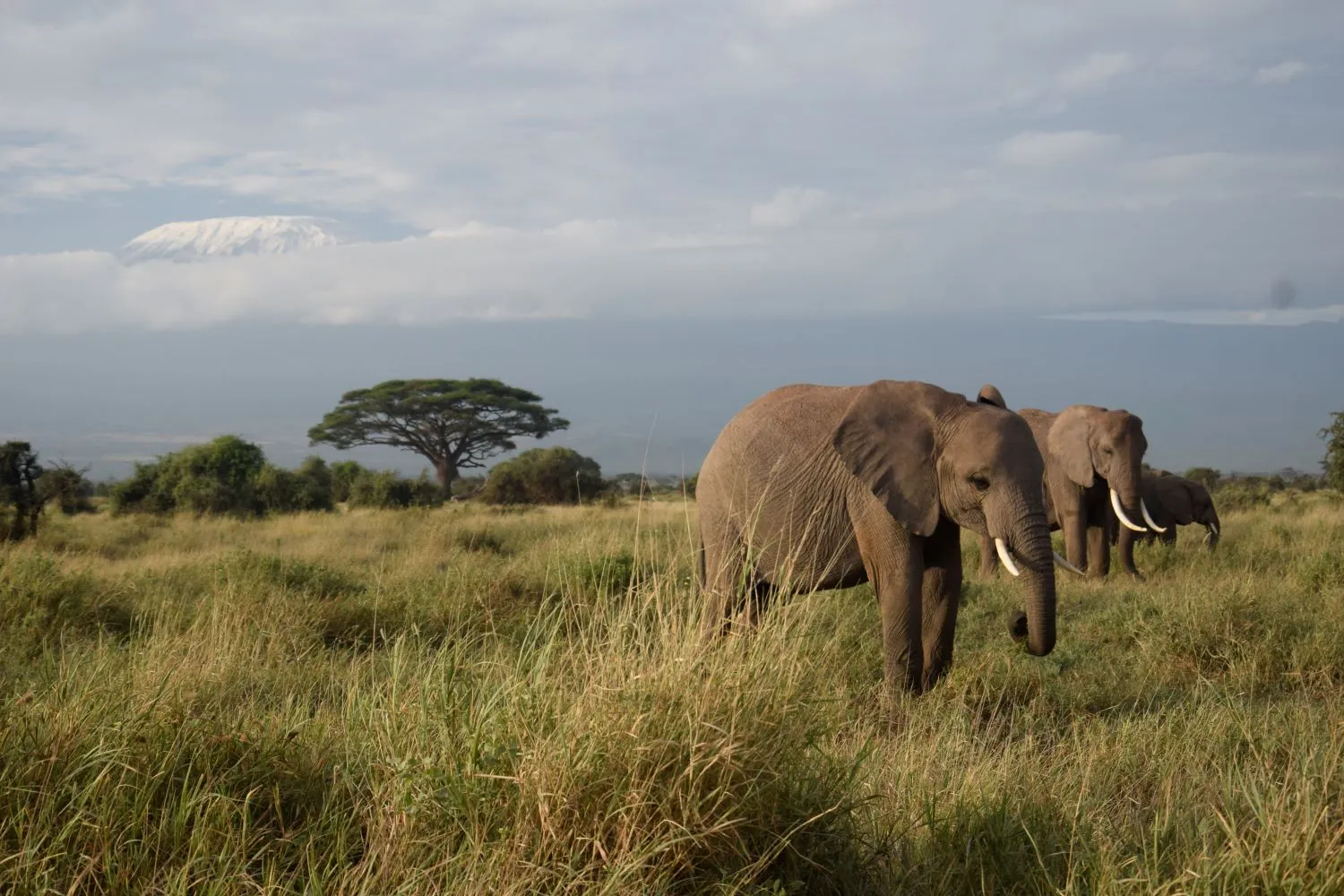
Cultural Immersion & Community Connection
Beyond wildlife, East Africa’s cultural tapestry is rich and rewarding. The Maasai people of Kenya and Tanzania maintain centuries-old pastoral traditions. In Uganda, the Buganda kingdom offers royal palaces and historical depth. Many travelers find that combining traditional game drives with authentic village visits—where you can share meals, learn traditional crafts, or participate in ceremonies—creates profoundly meaningful experiences that photos alone cannot capture.
Adventure & Active Experiences
If you’re energized by physical activity, consider trekking Mount Kilimanjaro in Tanzania, hiking Mount Kenya, or embarking on a challenging trek to encounter mountain gorillas in Rwanda or Uganda. These adventures combine fitness, natural beauty, and the satisfaction of achievement.
Relaxation & Beach Retreats
Don’t overlook East Africa’s coastal gems. After a game-filled safari, many travelers decompress on the white-sand beaches of Zanzibar, the Kenyan coast, or Tanzania’s Pemba Island. Imagine turquoise waters, coral reefs perfect for snorkeling, and the gentle rhythm of Indian Ocean life.
Insider Tip from Kip Travels:
The most memorable trips typically blend multiple elements. We often recommend a “safari plus” model: 5-7 days of game viewing, followed by 2-3 days of cultural engagement or beach relaxation. This approach keeps energy levels balanced and offers variety that deepens your connection to the region.
Factor 2: Timing is Everything – Choosing the Ideal Season
East Africa’s weather and wildlife patterns shift dramatically throughout the year. Your travel dates significantly impact wildlife sightings, crowds, costs, and overall experience.
The Great Migration: Africa’s Greatest Show
If witnessing the Great Migration tops your bucket list, timing is everything. This annual cycle typically follows this pattern:
- June–July: Northern Serengeti and Masai Mara. Massive herds cross the Grumeti River; predator-prey encounters are frequent and dramatic.
- August–September: Central Serengeti. Herds disperse across the plains; wildebeest calving season brings additional wildlife activity.
- November–December: Return migration toward southern Serengeti and Ngorongoro Conservation Area.
Peak Season (July–October & December–February)
Pros: Peak wildlife viewing, favorable weather, lush landscapes.
Cons: Higher prices, crowded parks, more vehicles at sightings.
Ideal for: Travelers who prioritize wildlife viewing and don’t mind peak-season crowds and costs.
Green (Shoulder) Season (April–May & October–November)
Pros: Fewer tourists, lower prices, vibrant landscapes, excellent bird watching, intimate wildlife encounters.
Cons: Occasional rain, some roads may be challenging, fewer large predator sightings.
Ideal for: Budget-conscious travelers, photographers seeking dramatic skies, and those seeking solitude.
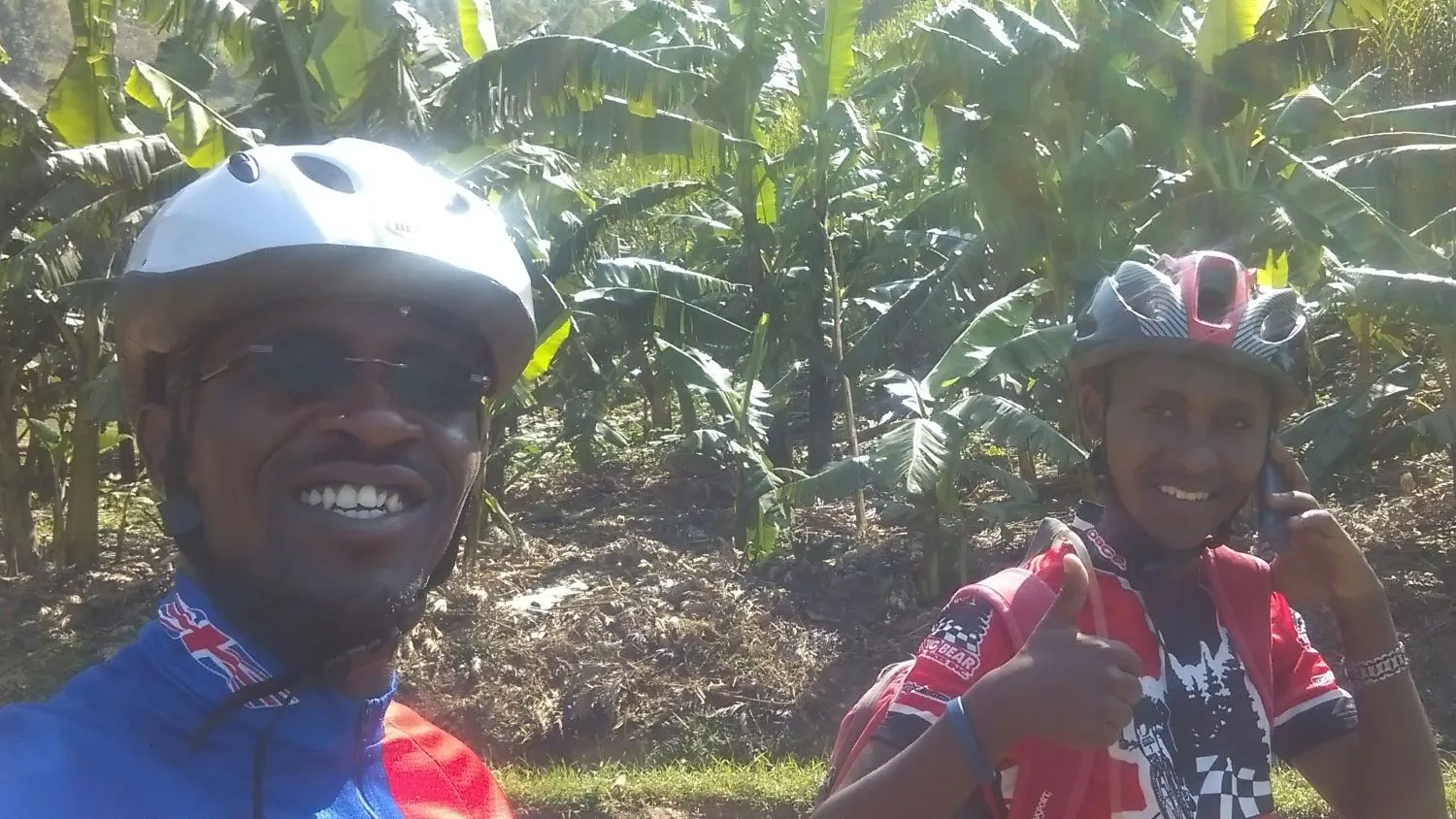
Dry Season (January–February)
This is a sweet spot: excellent weather, good wildlife viewing, and moderate crowds compared to July–October.
Gorilla Trekking Seasons (Uganda & Rwanda)
Mountain gorilla tracking is feasible year-round, but the best times are typically:
- June–August: Dry season; gorillas remain at higher elevations, relatively accessible.
- January–February: Short dry season; conditions are favorable.
Rainy seasons (March–May, September–November) offer advantages: fewer tourists and lush, verdant forests that are hauntingly beautiful.
Kip Travels Recommendation:
For first-time visitors seeking the classic “Big Five” experience combined with migration viewing, we typically recommend July–October. However, if you’re flexible and budget-conscious, the green season offers unparalleled value and equally rewarding experiences—just with slightly fewer game drives yielding big cat encounters.
Factor 3: Budgeting Realistically – Breaking Down Costs
One of the most common questions we receive at Kip Travels is: “How much will this cost?” The answer varies widely based on choices you make.
Key Cost Components
Accommodation
- Luxury Lodges & Resorts: Think private plunge pools, gourmet dining, exceptional service.
- Mid-Range Lodges & Tented Camps: Comfortable, well-appointed, often excellent value.
- Budget-Friendly Camps & Guesthouses: Clean, functional, social atmosphere.
- Park Fees & Permits
Guides & Transportation
- Professional guides
- Vehicle hire with driver
- Domestic flights
- International flights
Meals & Activities (10–20% of budget)
- Full board at lodges: Included in accommodation cost
- Independent dining. Depends on location and style
- Activities beyond game drives (cultural visits, village walks, boat excursions)
Why Kip Travels Offers Transparent, Value-Packed Packages
As a best tours agency in East Africa, we’ve negotiated long-standing partnerships with lodges, guides, and operators region-wide. This means we can offer all-inclusive East Africa safari packages that provide superior value compared to booking independently. Our clients often tell us they save 15–25% compared to DIY bookings, while gaining expert planning, 24/7 on-ground support, and peace of mind.
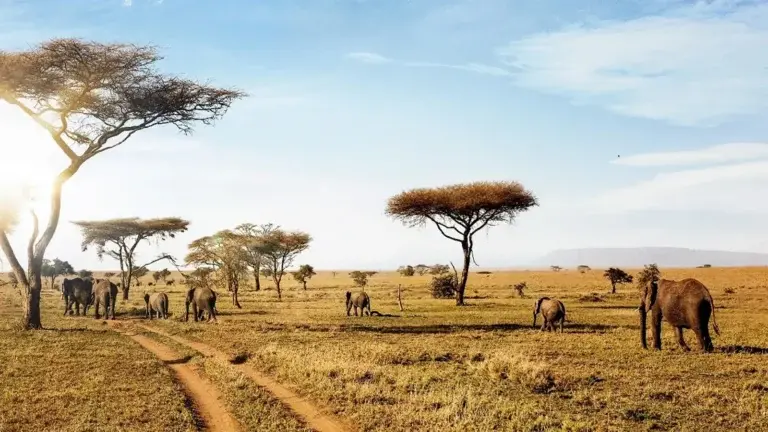
Factor 4: Duration & Pace – How Long Should You Stay?
The age-old question: “Is a week enough?”
The answer depends on your goals, fitness level, and travel style. Let’s explore scenarios.
Kip Travels Pro Tip:
Many clients come to us wanting to “do it all” in 7 days. We gently advise: a leisurely 10-day Kenya-Tanzania combination beats a rushed 7-day three-country tour. You’ll see more, experience more authentically, and return home energized rather than exhausted. As reliable tour operators in Kenya and Tanzania safari experts, we specialize in pacing that balances ambition with reality.
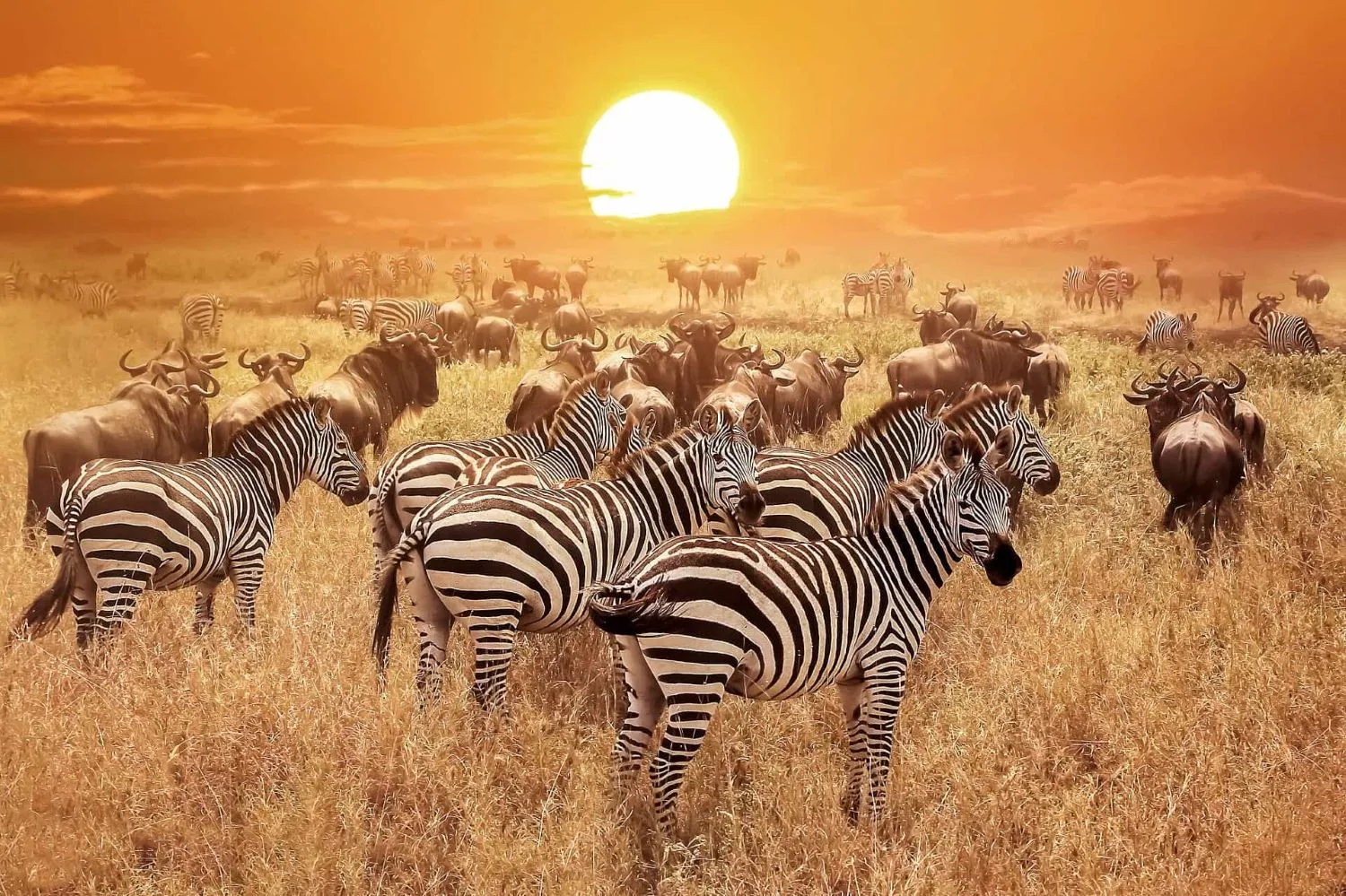
Factor 5: Travel Style & Accommodation – Where (and How) Will You Stay?
Your accommodation choice profoundly shapes your experience. East Africa offers a spectrum.
Luxury Lodges & Resorts
Experience: High-end comfort, often iconic locations, exceptional service, fine dining.
Typical Features:
- En-suite bathrooms with hot showers/baths
- Private or semi-private decks with views
- Gourmet meals, premium beverages
- Spa services, swimming pools
- Expert guides, often with naturalist degrees
Best for: Honeymooners, those seeking pampering alongside wildlife, travelers with higher budgets.
Notable Properties: Four Seasons Safari Lodge (Serengeti), Singita (various), &Beyond camps.
Mid-Range Lodges & Tented Camps
Experience: Excellent balance of comfort, authenticity, and value. Many are family-owned or eco-conscious.
Typical Features:
- Comfortable en-suite rooms or safari tents
- Reliable electricity and hot water
- Good quality meals and social atmosphere
- Knowledgeable guides
- Often positioned in prime wildlife locations
Best for: Most international travelers, families, those balancing comfort and budget.
Notable Properties: Many regional operators offer excellent mid-range camps; Kip Travels can recommend properties tailored to your preferences.
Budget-Friendly Camps & Guesthouses
Experience: Basic comfort, communal atmosphere, genuine connection with other travelers.
Typical Features:
- Shared or private rooms with basic amenities
- Communal dining and social spaces
- Local or trainee guides
- Positioned in or near national parks
Best for: Backpackers, budget-conscious travelers, those prioritizing experience over comfort.
Note: Even budget camps typically exceed Western expectations for cleanliness and hospitality.
Unique Alternatives: Glamping & Eco-Lodges
East Africa’s tourism sector is innovating:
- Glamping (Glamorous Camping): Combines luxury with the bush experience. Think safari tents with four-poster beds, en-suite bathrooms, and fine dining under stars.
- Eco-Lodges: Sustainable properties minimizing environmental impact, often community-owned, offering genuine cultural exchange.
- Mobile Camps: Follow wildlife migrations; offer unparalleled access to remote areas and pristine wildlife experiences.
Accommodation Matching Guide
| Travel Style | Best Accommodation Type | Why |
|---|---|---|
| Honeymoon/Romance | Luxury lodge with private suites | Intimacy, pampering, special touches |
| Family with children | Mid-range family lodge | Balance of comfort, safety, kid-friendly activities |
| Adventure seeker | Mobile camp or tented camp | Remote locations, authentic bush experience |
| Budget backpacker | Budget camp or guesthouse | Cost-effective, social, authentic |
| Luxury traveler | Premium safari lodge or resort | Uncompromised comfort, white-glove service |
Factor 6: Travel Companions – Is East Africa Right for Your Group?
East Africa welcomes diverse travelers. Let’s explore specific scenarios.
Solo Travelers
Why East Africa Works:
- Safe, well-established tourism infrastructure
- Guided experiences naturally facilitate social connection
- Accommodations typically offer communal spaces
- Solo travel is celebrated; many lodges host solo guests regularly
Tips: Join group game drives to meet fellow travelers; consider a cultural guide for deeper local insights.
Couples & Honeymooners
Why East Africa is Ideal:
- Romantic landscapes and wildlife moments
- Luxury accommodations offer privacy and romance
- Fewer crowds in many areas compared to European destinations
- Unique, memorable experiences strengthen bonds
Sweet Touches: Many luxury lodges offer champagne at sunset, private dinners in unique settings, or surprise romantic gestures.
Family Safari East Africa
East Africa is increasingly family-friendly. Key considerations:
- Age of children matters: Most camps accept children age 5+; some have age restrictions or recommendations.
- Activity pace: Younger children may tire of lengthy game drives; consider variety (cultural visits, water activities, lodge-based relaxation).
- Safety: East Africa is generally very safe for family travel; guides and lodges prioritize child security.
- Educational value: Safaris offer unparalleled learning opportunities—wildlife, ecology, culture, and geography come alive.
Family-Friendly Itinerary Example (10 days):
- Days 1–3: Kenya coast (beach relaxation, snorkeling, cultural visits)
- Days 4–7: Masai Mara (game drives, lodge-based activities)
- Days 8–10: Kenya cultural immersion (Maasai village visits, Nairobi giraffe center)
Extended Groups (Friends, Multi-Family)
Advantages:
- Shared costs reduce per-person expense
- Guided experiences facilitate bonding
- Flexible itineraries can accommodate diverse interests
Logistics: Group bookings allow customization; consider hiring a private guide for cohesion.
Kip Travels’ Group Expertise:
Whether you’re a solo adventurer, romantic couple, or extended family, our experience designing all-inclusive East Africa safari packages means we’ve perfected the art of matching itineraries to group dynamics. We handle logistics, mediate scheduling preferences, and ensure everyone returns home with stories that will last lifetimes.
Factor 7: Beyond the Safari – Unique Experiences That Transform Trips
While safaris dominate East African tourism, the region’s true magic often lies in experiences beyond traditional game drives.
Mountain Gorilla Trekking: Uganda & Rwanda
What It Is: A guided hike through misty mountain forests to encounter critically endangered mountain gorillas in their natural habitat.

The Experience:
Imagine the forest canopy thick overhead, calls of exotic birds echoing. Your guide points ahead. Suddenly, through the vegetation, an adult male gorilla emerges—massive, magnificent, utterly present. You lock eyes. Time seems suspended. Guides typically allow one hour near each family; many travelers describe it as life-altering.
Logistics:
- Uganda (Bwindi Impenetrable National Park): Trekks depart daily; permits cost $1,500 (non-residents). More accessible, fewer crowds.
- Rwanda (Volcanoes National Park): Permits cost $1,500; treks are well-organized, but more touristy due to Rwanda’s tourism efficiency.
- Best time: Dry seasons (June–August, January–February), though possible year-round.
Custom Uganda Gorilla Tours
Kip Travels specializes in crafting custom Uganda gorilla tours that extend beyond trekking—incorporating cultural visits to local communities, bird watching, and relaxation time. A typical 6-day itinerary includes 2–3 days gorilla trekking, balanced with cultural immersion and leisure.
Chimpanzee Tracking
Where: Kibale National Park (Uganda), Gombe & Mahale (Tanzania)
Experience: Track habituated chimpanzee communities through dense forest. Observe complex social behaviors, tool use, and remarkable intelligence.
Advantages: Less crowded than gorilla trekking, equally profound connection with wildlife.
Cost: $100–200 per trek (significantly less than gorilla trekking).
Cultural Visits & Maasai Engagement
Why It Matters:
Maasai culture—pastoral traditions, distinctive dress, warrior initiations—has endured for centuries. Authentic visits offer:
- Direct community benefit (fees support local education, healthcare)
- Genuine cultural exchange vs. performative tourism
- Understanding of human-wildlife coexistence
Typical Activities:
- Beads and crafts workshops
- Traditional meal preparation and sharing
- Livestock management insights
- Participation in ceremonies (if timing aligns)
Tip: Ensure community-led, ethically structured visits; avoid exploitative “human zoo” tourism.
Zanzibar: History, Beaches & Spice
Why Visit:
After a safari’s intensity, Zanzibar offers perfect decompression. This UNESCO-listed Stone Town blends Swahili, Arab, and Indian influences. Clove plantations perfume the island; pristine beaches invite snorkeling and diving.
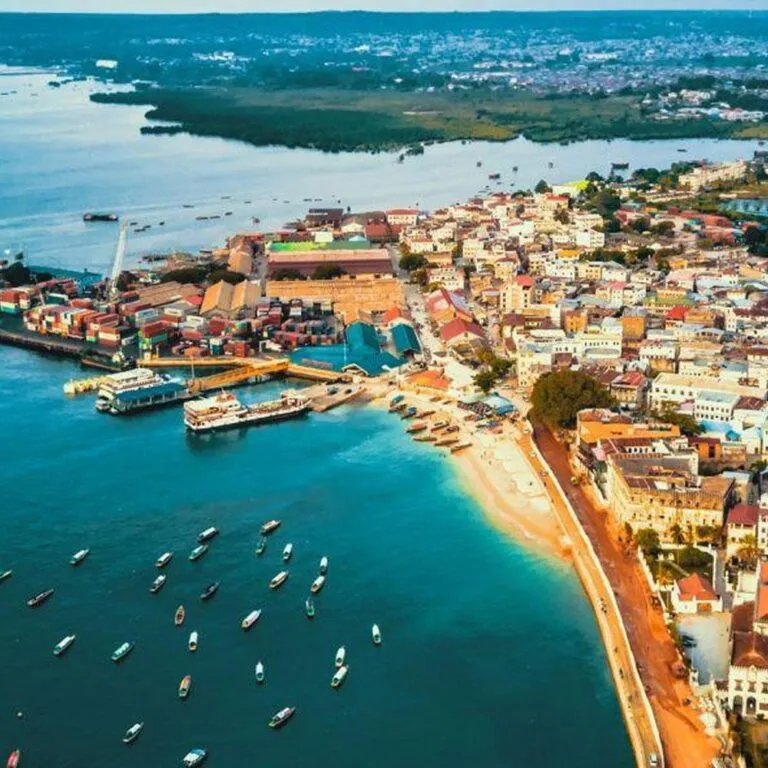
Typical 3-Day Itinerary:
- Day 1: Stone Town walking tour, museum, local cuisine
- Day 2: Spice plantation tour, beach relaxation
- Day 3: Snorkeling at nearby islands, sunset dhow cruise
Vibe: More relaxed than safari intensity; perfect for couples, families, and those seeking cultural history alongside leisure.
Mount Kilimanjaro & Hiking Expeditions
Why: Africa’s highest mountain (5,895m) offers achievable-yet-challenging trekking, rewarding views, and a sense of accomplishment.
Best Routes:
- Marangu: Most established, hut-based accommodations, 5–6 days
- Lemosho: Scenic, higher success rate, 7–8 days
- Rongai: Less crowded, northern approach, 6–7 days
Key Reality: Altitude is the primary challenge, not technical difficulty. Acclimatization and pacing matter more than fitness.
Birdwatching Paradise
East Africa hosts over 1,000 bird species—a birdwatcher’s paradise.
Top Destinations:
- Lake Nakuru (Kenya): Flamingos (seasonal), eagles, cormorants
- Queen Elizabeth National Park (Uganda): Over 600 species
- Serengeti: Varied species across seasons
Best Months: October–April (northern hemisphere winter migrants)
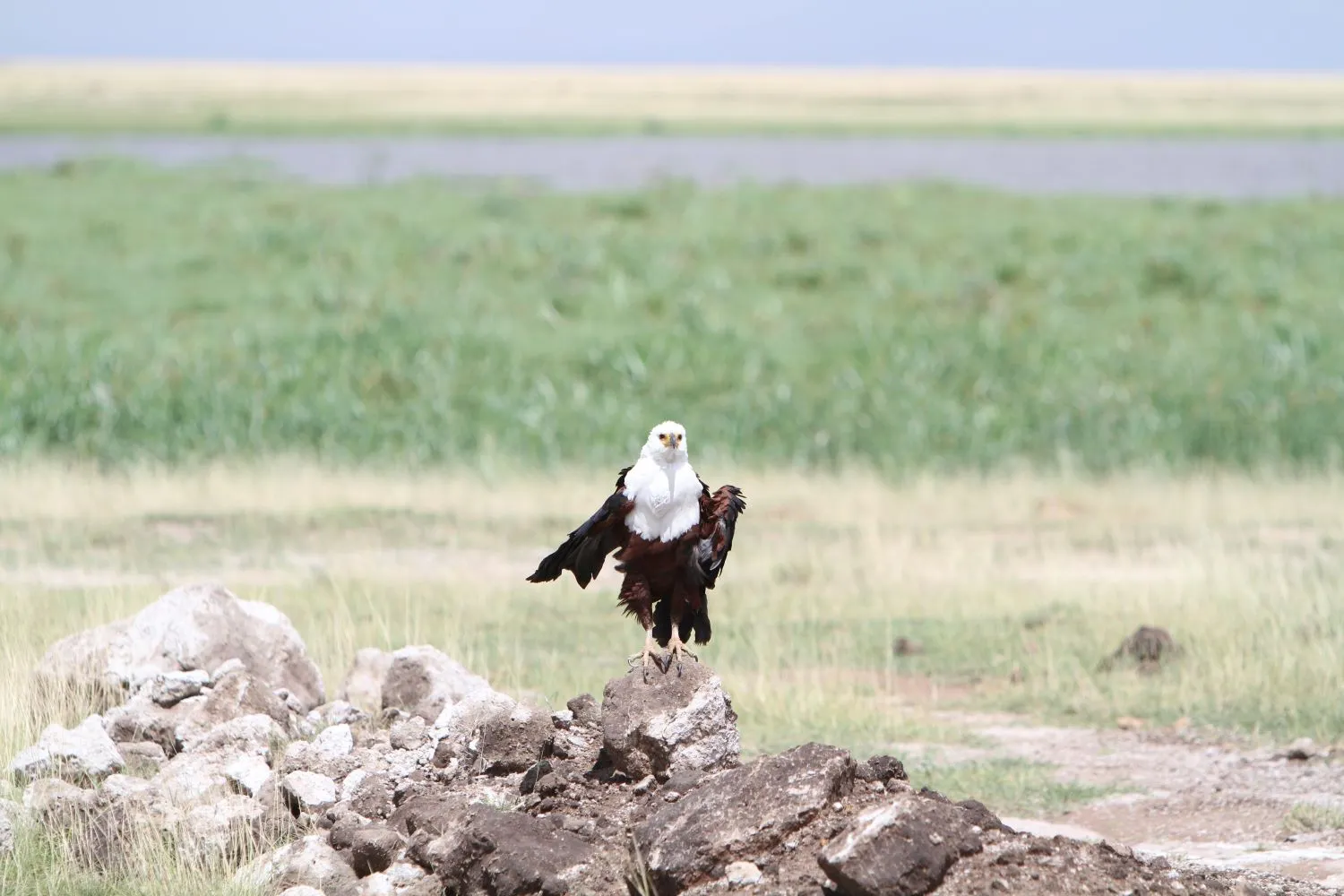
Kip Travels’ Unique Experience Design
As the best tours agency in East Africa, we’ve curated partnerships enabling experiences most tourists miss. Gorilla trekking with forest guides who studied primatology? Cultural visits with Maasai conservationists working on human-wildlife coexistence? These aren’t add-ons—they’re transformative components of well-designed itineraries.
Why Your Choice of Travel Partner is the Most Critical Factor
You’ve now explored seven key decision factors. Here’s the truth many travelers discover too late: your choice of travel partner often determines whether your dream becomes a highlight reel or a logistical nightmare.
The Hidden Risks of DIY or Questionable Operators
Safety & Security: East Africa is generally safe for tourists, but navigating it requires local knowledge. Which parks have current access issues? Which neighborhoods are best avoided at night? Which guides are trustworthy?
Logistical Complexity: Coordinating flights, park permits, accommodations across multiple countries is labyrinthine. One mistake—missed connections, double bookings, invalid permits—cascades into lost money and ruined experiences.
Suboptimal Wildlife Access: Know which lodge offers the best game drive timing? Which guide has exceptional wildlife-spotting skills? Which park section hosts the Big Five most reliably? These insights come from experience and relationships.
Value Optimization: DIY bookers often overpay significantly. Without partnerships and volume relationships, accommodation and guide rates are inflated.
Time & Stress: Planning is time-intensive. Many travelers exhaust themselves before arriving, diminishing their capacity to enjoy the journey.
What Expert Travel Partners Bring
Kip Travels, as a leading travel agency in East Africa, offers:
-
On-Ground Expertise: Our team has spent years navigating the region, building relationships with guides, lodge managers, and community leaders. We know which experiences deliver and which disappoint.
-
Transparent Pricing & Value: Through partnerships, we negotiate rates competitors can’t match. Our all-inclusive East Africa safari packages are competitively priced and comprehensively outlined—no hidden fees.
-
24/7 Support: Traveling 6,000+ miles from home brings unpredictability. Vehicle breaks down? Flu strikes? Wildlife encounter exceeds expectations and you want an extra day? Our on-ground team handles it.
-
Customization Mastery: Every traveler is unique. We design itineraries matching your specific interests, pace, budget, and group dynamics—not one-size-fits-all tours.
-
Ethical Tourism Practices: We prioritize community benefit, conservation, and sustainable tourism. Your spending directly supports local education, healthcare, and wildlife protection.
-
Peace of Mind: Permits secured. Guides vetted. Accommodations visited by our team. Logistics orchestrated flawlessly. You can relax knowing details are handled.
As Tanzania safari experts and a reliable tour operator in Kenya, we’ve earned trust through thousands of satisfied travelers. Our reviews speak for themselves—but more importantly, our relationships with travelers long after trips end reveal the profound impact of expertly designed experiences.
Conclusion: Transform Your Dream Into Unforgettable Reality
East Africa awaits. The Great Migration’s thundering herds. Mountain gorillas’ penetrating gaze. Zanzibar’s turquoise waters. Maasai warriors’ timeless traditions. These aren’t just bucket-list checkmarks—they’re transformative experiences that reshape how you see the world and your place in it.
But between dream and reality lies planning. This guide has equipped you with a framework: define your “why,” align timing with your goals, budget realistically, pace intentionally, choose accommodations matching your style, ensure your group’s comfort, and embrace unique experiences beyond traditional safari.
Yet the most crucial decision remains: choosing a partner who transforms logistical complexity into seamless adventure.
Ready to transform your dream into an unforgettable journey?
Contact Kip Travels, the leading travel agency in East Africa, today for a free, no-obligation consultation and custom itinerary quote. Our team will listen deeply to your aspirations, design an experience reflecting your unique vision, and handle every detail so you can focus on the magic.
Visit us online at https://kiptravels.com/ to explore our Safari Packages, learn more About Us, or Contact us directly to start planning.
Your East African adventure isn’t just waiting—it’s calling. ✨🦁🌍

